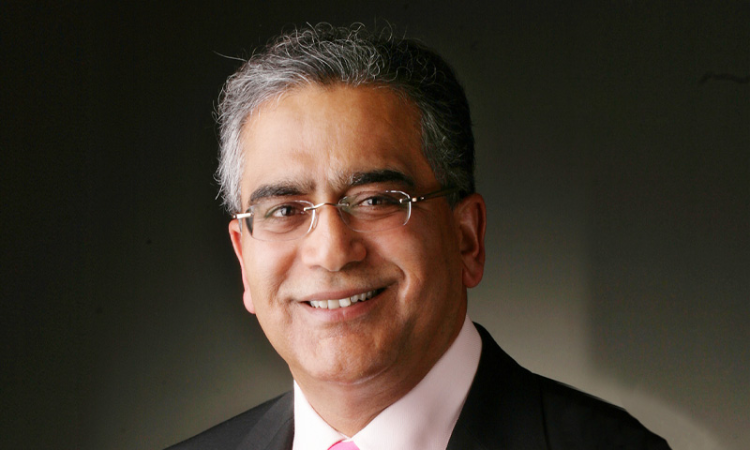The Supreme Court on Wednesday stayed the criminal defamation proceedings against Aroon Purie, founder-director of India Today group and former Editor-in-Chief of India Today publications.A bench comprising the Chief Justice of India NV Ramana, Justice Surya Kant and Justice Aniruddha Bose issued notice on the special leave petition filed by Purie against the refusal of the Delhi High Court...

